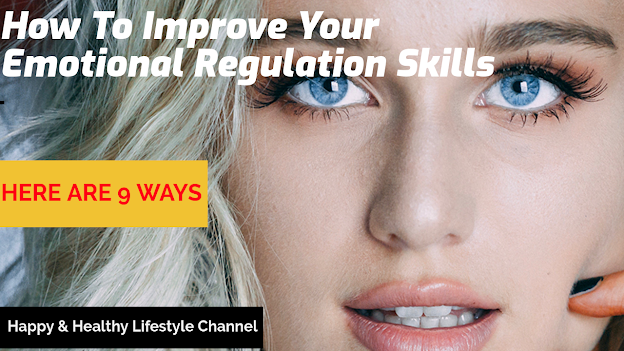Here are nine ways to improve your emotional regulation skills:
Here are nine ways to improve your emotional regulation skills:
- Choose your mantra. ☯
Decide what you will say to yourself the next time your frustration bubbles up to the surface. Have one or two short mantras ready.
- Talk with friends. 🗣
Friends are support systems. A good talk can dissipate stress, make you feel understood and give you a good outlet to vent.
“Find your tribe or community where you can share challenges, laughs and strategize on how to solve problems you have in common,” Kris says.
- Practice self-compassion. 💝
How often do you give yourself a soft place to land in your mind? Self-compassion is the practice of treating yourself as you would a best friend, and when you are kinder to yourself, you are kinder to others.
- Exercise and eat nutritiously. 🏅🥗
Take care of your body and your mind will follow.
- Write in a journal. ✍
Give your thoughts and feelings a safe place to come out.
- Practice mindfulness meditation. 🌅
Practice a nonjudgmental stance to things you are confronting.
Be a neutral observer to your thoughts instead of labeling them and making rash decisions, Kris recommends.
- Seek therapy. 🤒
Ask for help. “Anger is often a sign of underlying anxiety and trouble with the skills of on-the-spot coping,” Kris explains.
Speak with a professional to resolve old issues that are triggers.
- Sleep. 😴
Monkey brain goes up when hours of sleep go down.
Get adequate sleep—about eight hours a night.
The power of a good night’s sleep is underestimated.
- Build up your emotional repertoire. 💭💬
“Research shows we are capable of building a positive emotional repertoire and redirecting our energies to help us from being stuck in negative emotional states,” Kris explains.
Practice positive communication skills. Rehearse desired reactions according to your unique stressors and triggers.
“We all have different thresholds for coping and are dealing with different degrees of stressors and seasons of life.
We can continually grow and improve our capacity for coping and reacting productively and positively,” she says.
For More Help Watch This Video :👍

Comments
Post a Comment